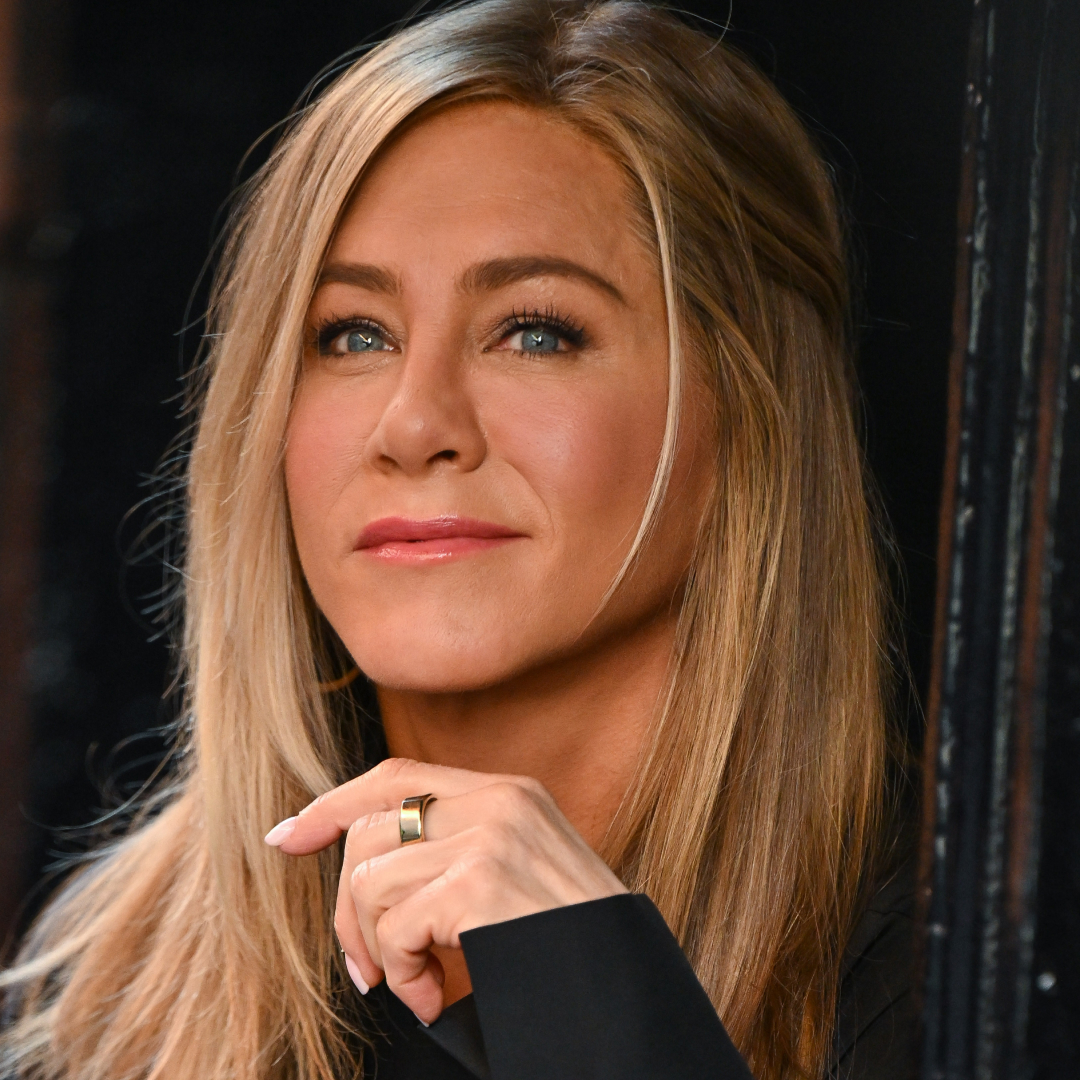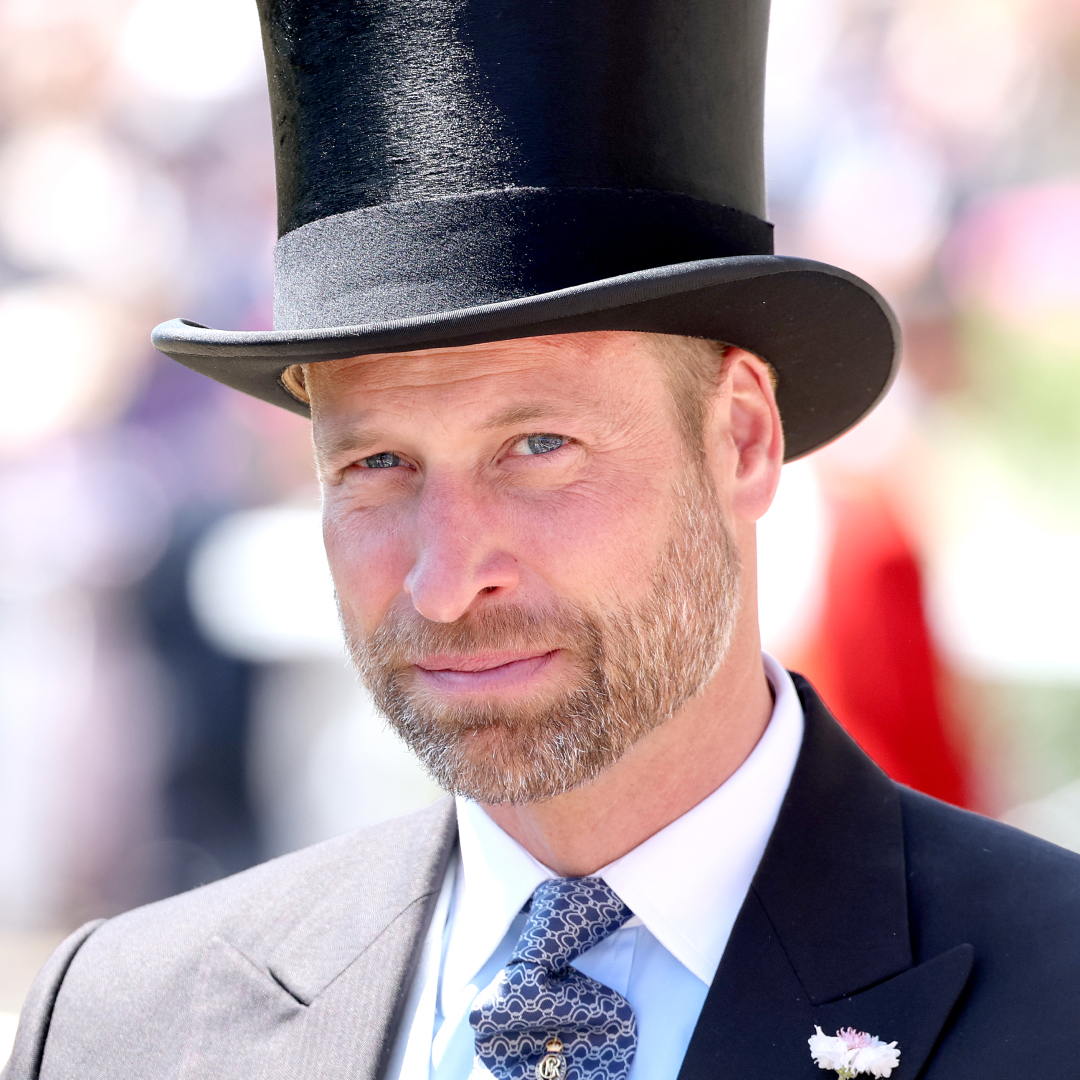relationships
Discover expert analysis and the modern take on relationships, brought to you by Marie Claire.
-
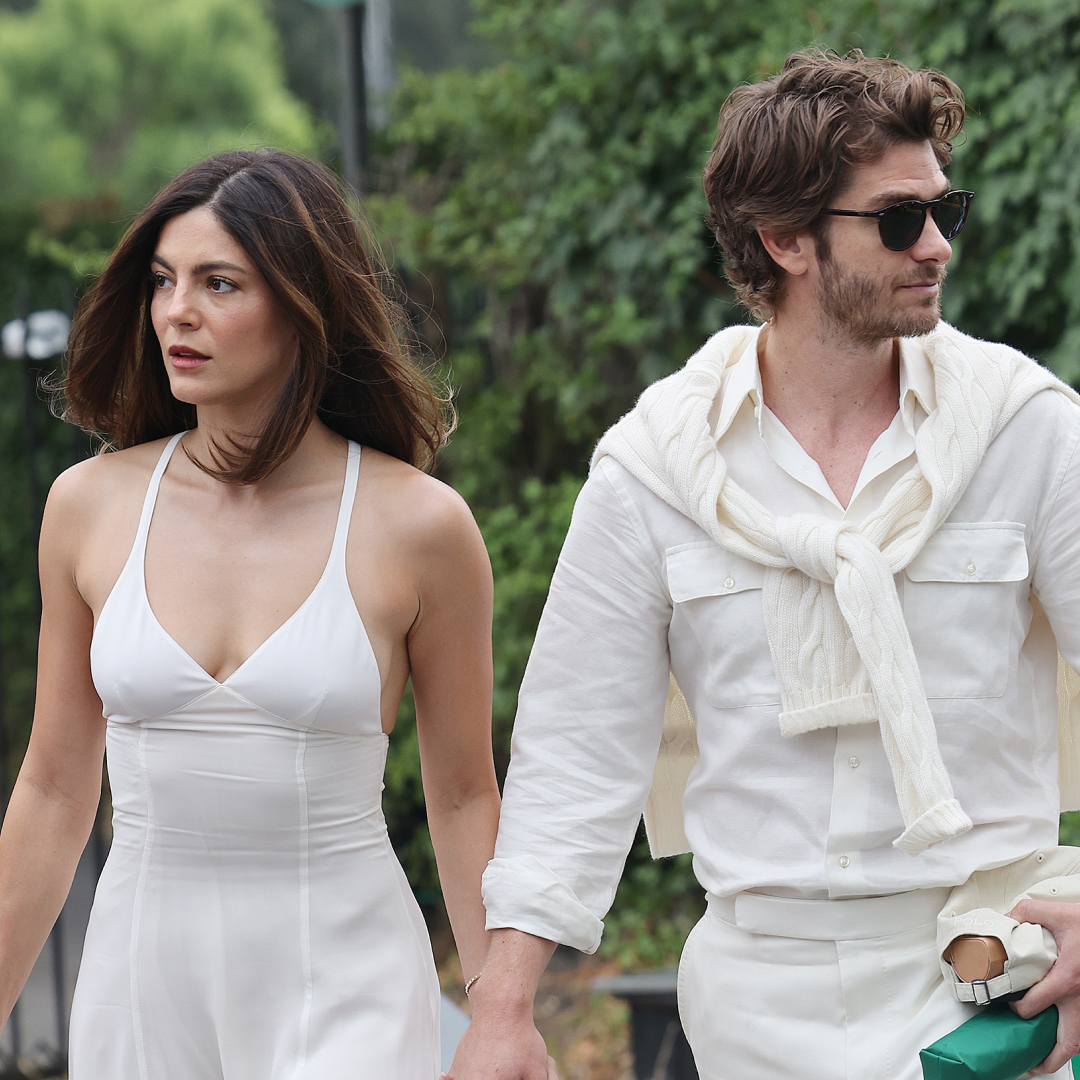
Monica Barbaro and Andrew Garfield Match at Wimbledon
The couple's coordinated outfits were a nod to the tennis tournament's all-white dress code.
By Amy Mackelden Published
-
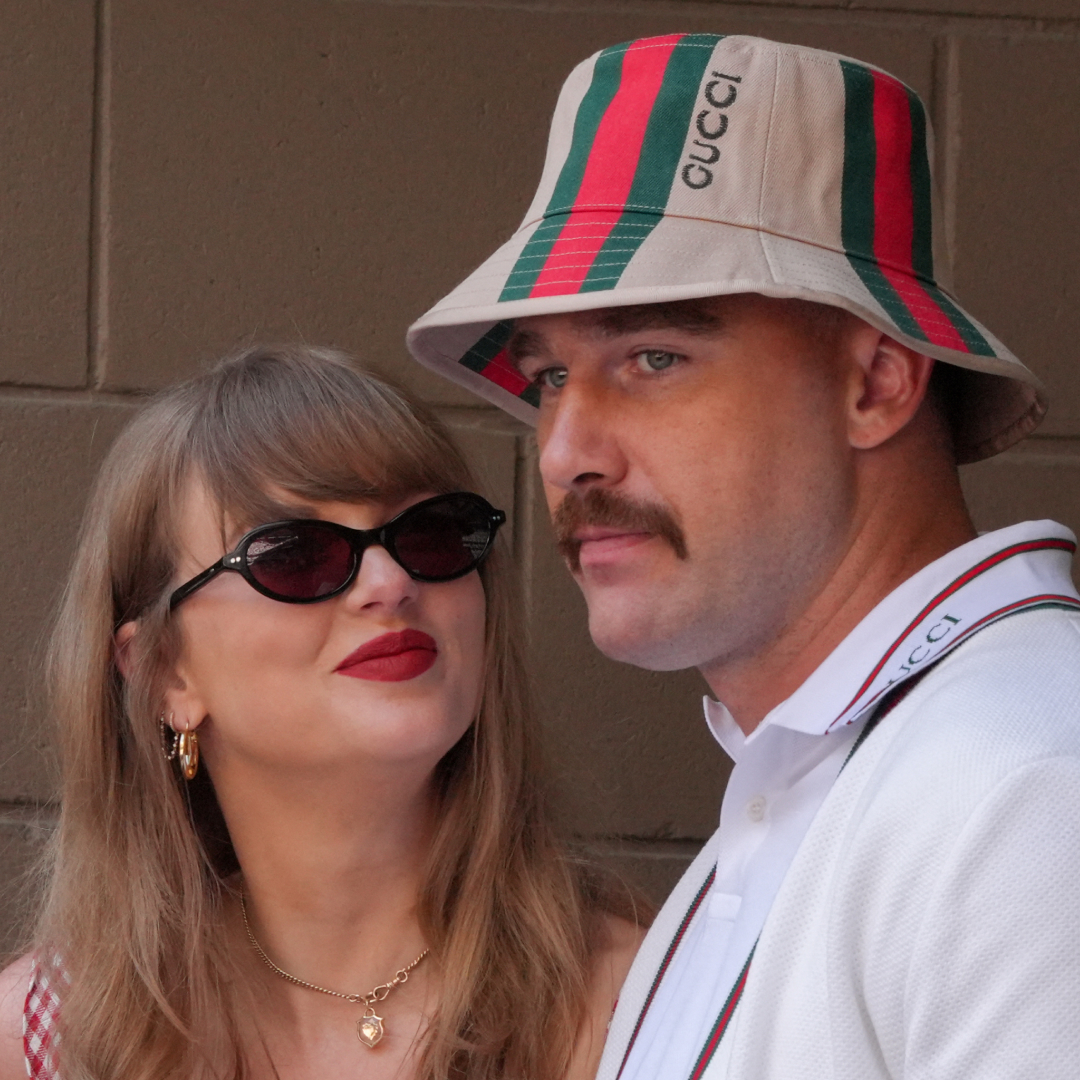
Travis Kelce Not Proposing to Taylor Swift Anytime Soon
"Taylor has had quite the year," a source explained.
By Amy Mackelden Published
-
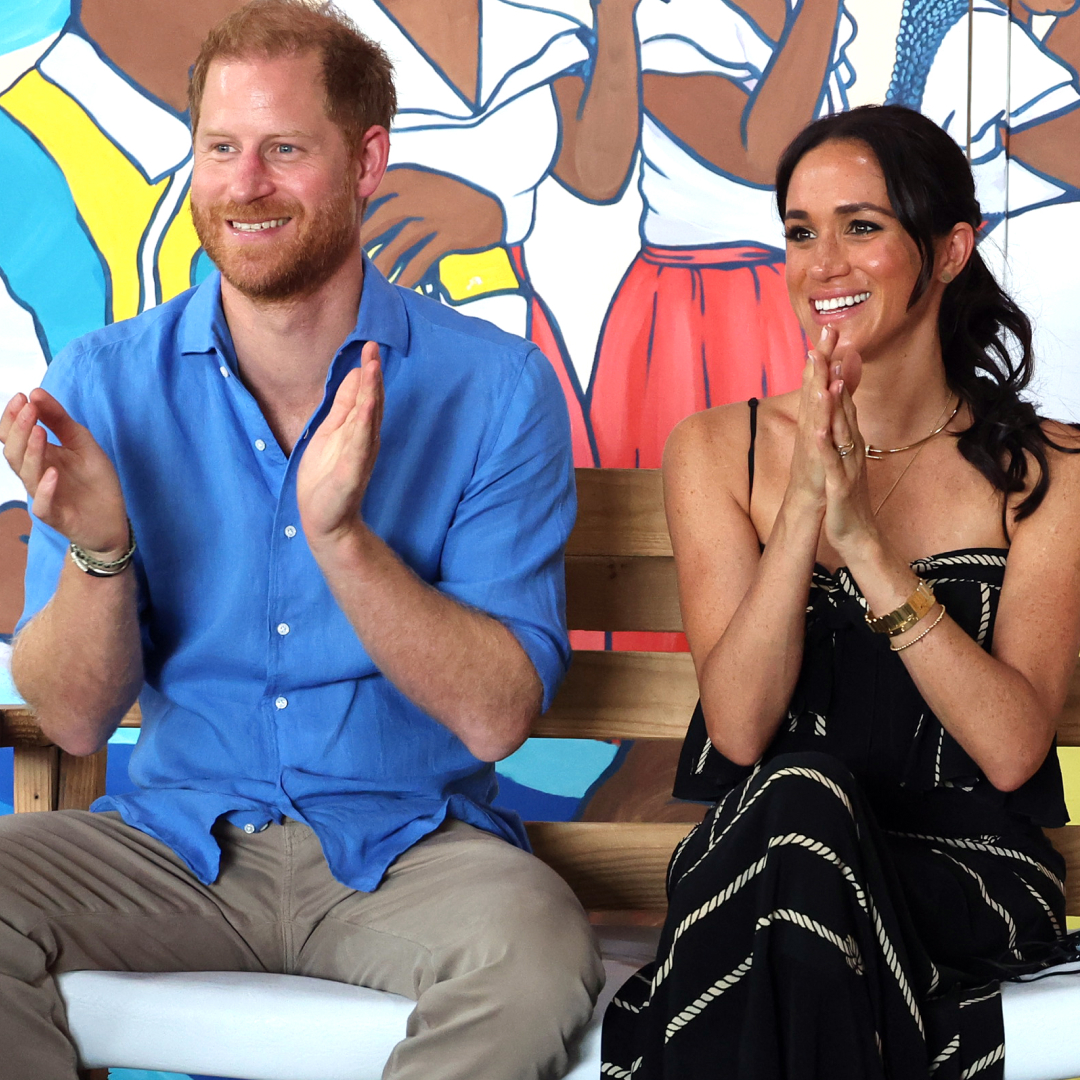
Archie and Lilibet Have a "Sweet" July 4 Tradition
The little royals have embraced their mom and dad's unique love story.
By Amy Mackelden Published
-
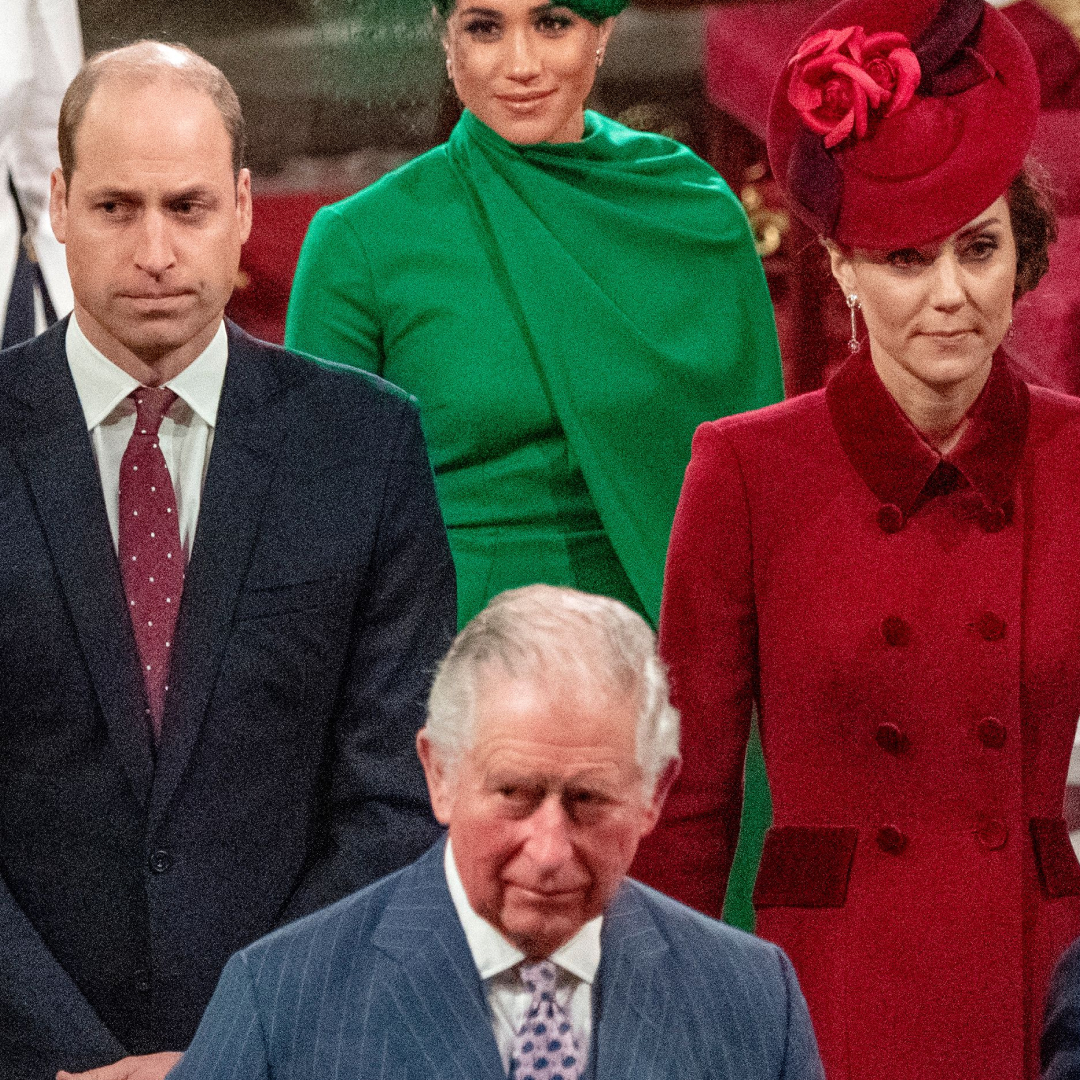
William "Inherited" King Charles's "Fear of Commitment"
Kate allegedly "made a pact" after learning about William's "inherent fear of tomorrow."
By Amy Mackelden Published
-

Swifties Think Matty Healy Just Referenced Taylor Swift
"And I just wanted to remind you...I bleed for you."
By Amy Mackelden Published
-
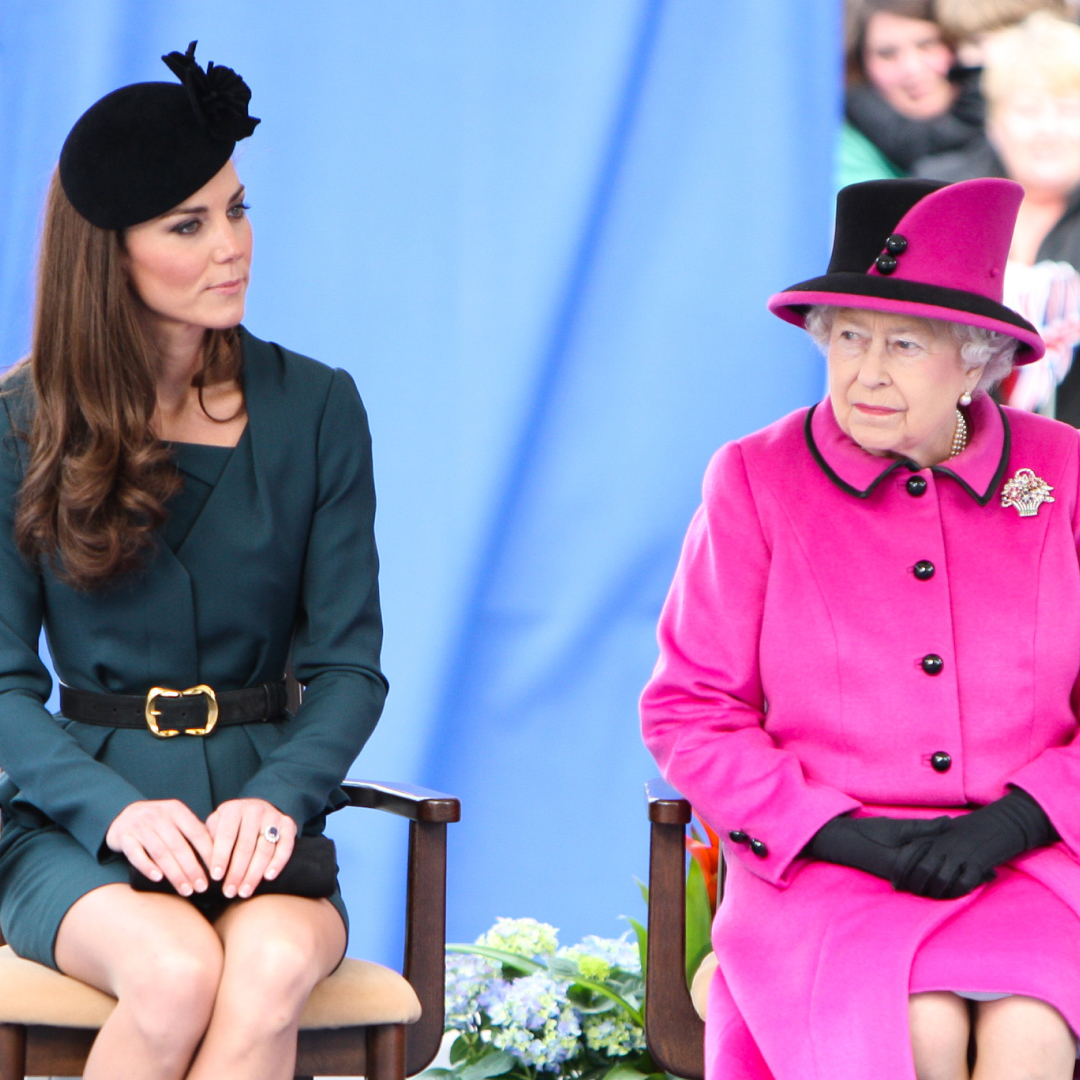
Queen Elizabeth Told Friends Kate Middleton Was a "Problem"
The late monarch allegedly had "no idea what Kate actually does."
By Amy Mackelden Published
-
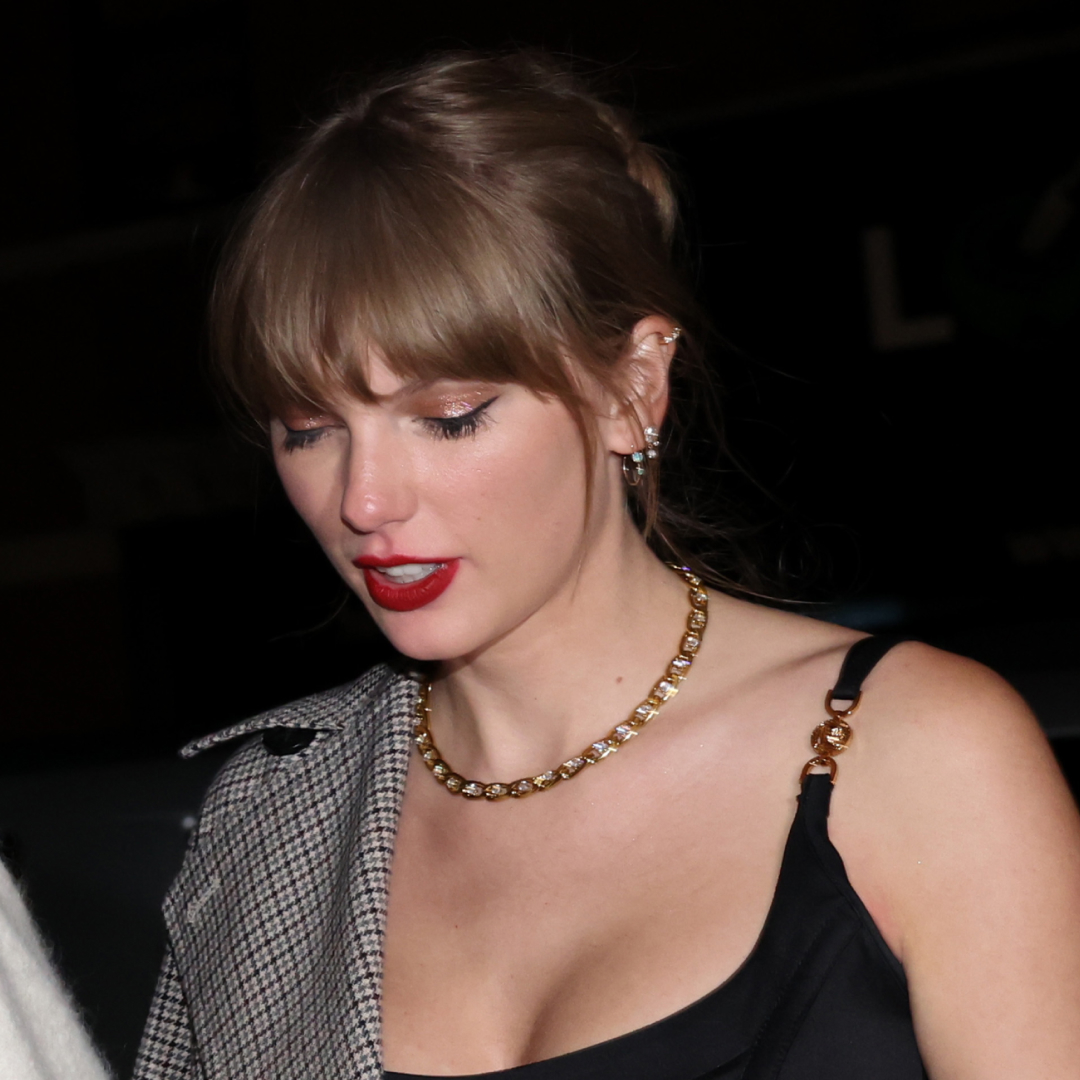
Taylor Swift Pairs a Corset Top With a Miu Miu Mini Skirt
Taylor Swift loves corset tops as much as she loves Travis Kelce (probably).
By Amy Mackelden Published
-
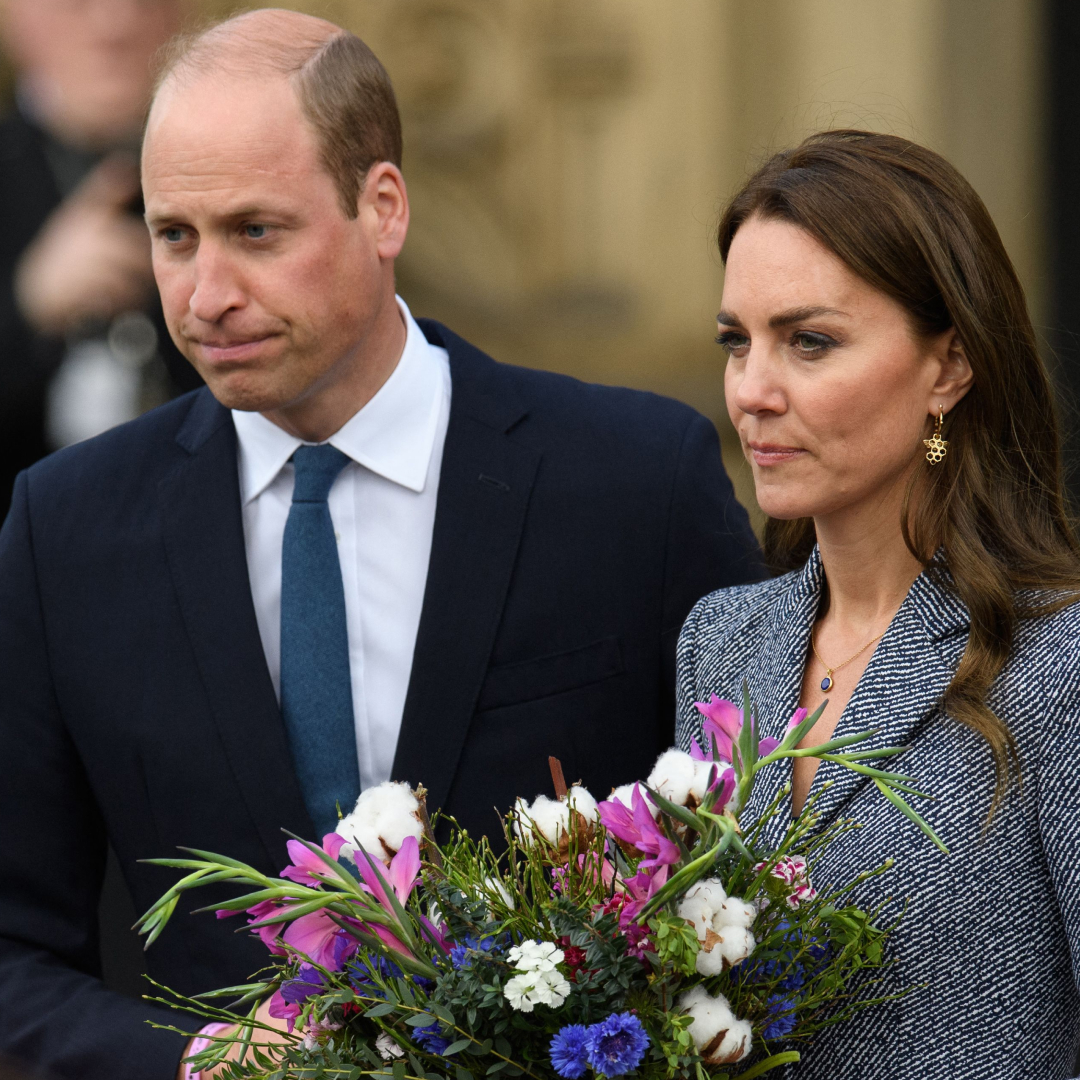
Kate and William's "Mental Challenge" at Home
The Prince and Princess of Wales's home life sounds far from tranquil.
By Amy Mackelden Published
-
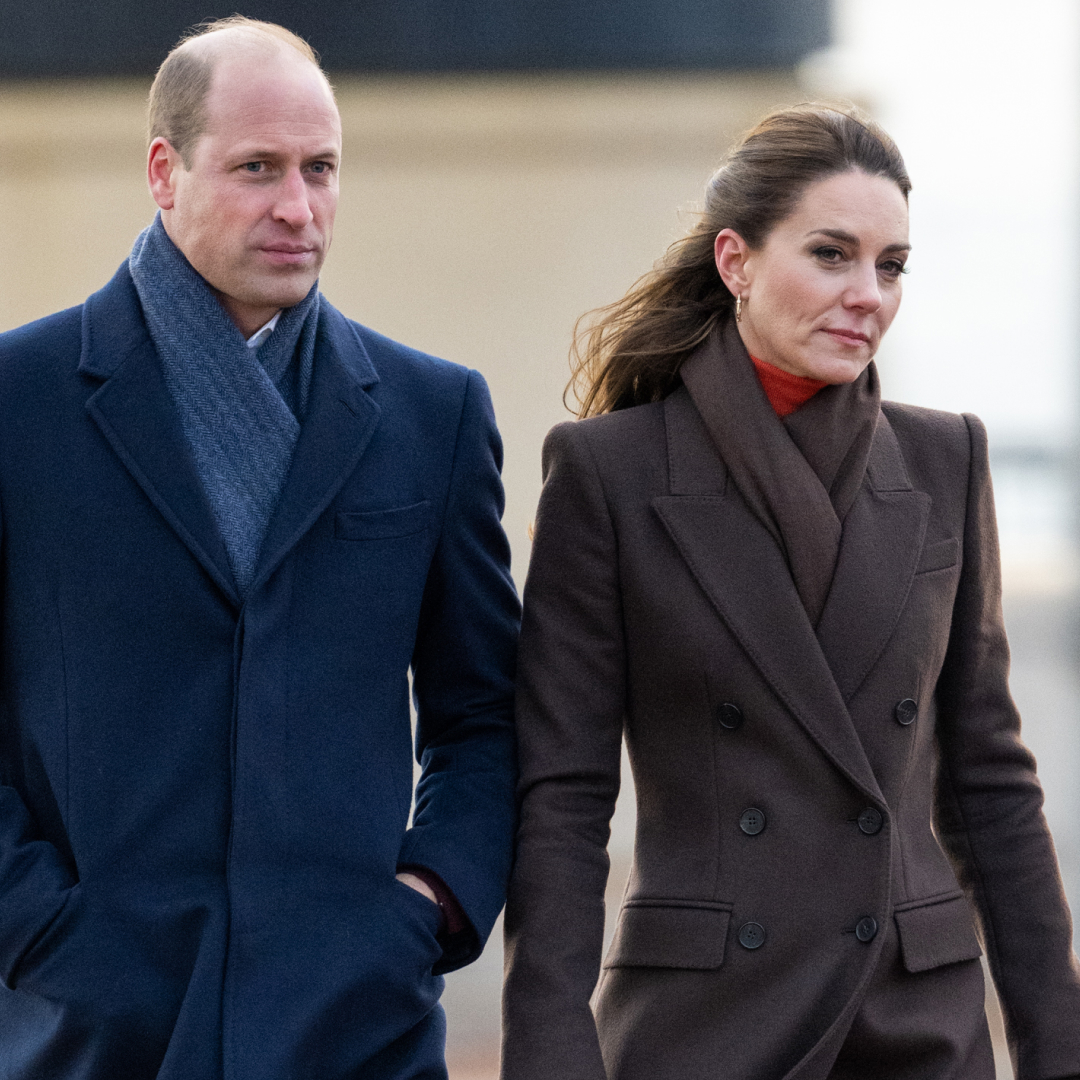
A "Major Shift" Is Coming for William and Kate
"For her, less is actually more," a royal biographer explained.
By Amy Mackelden Published
-
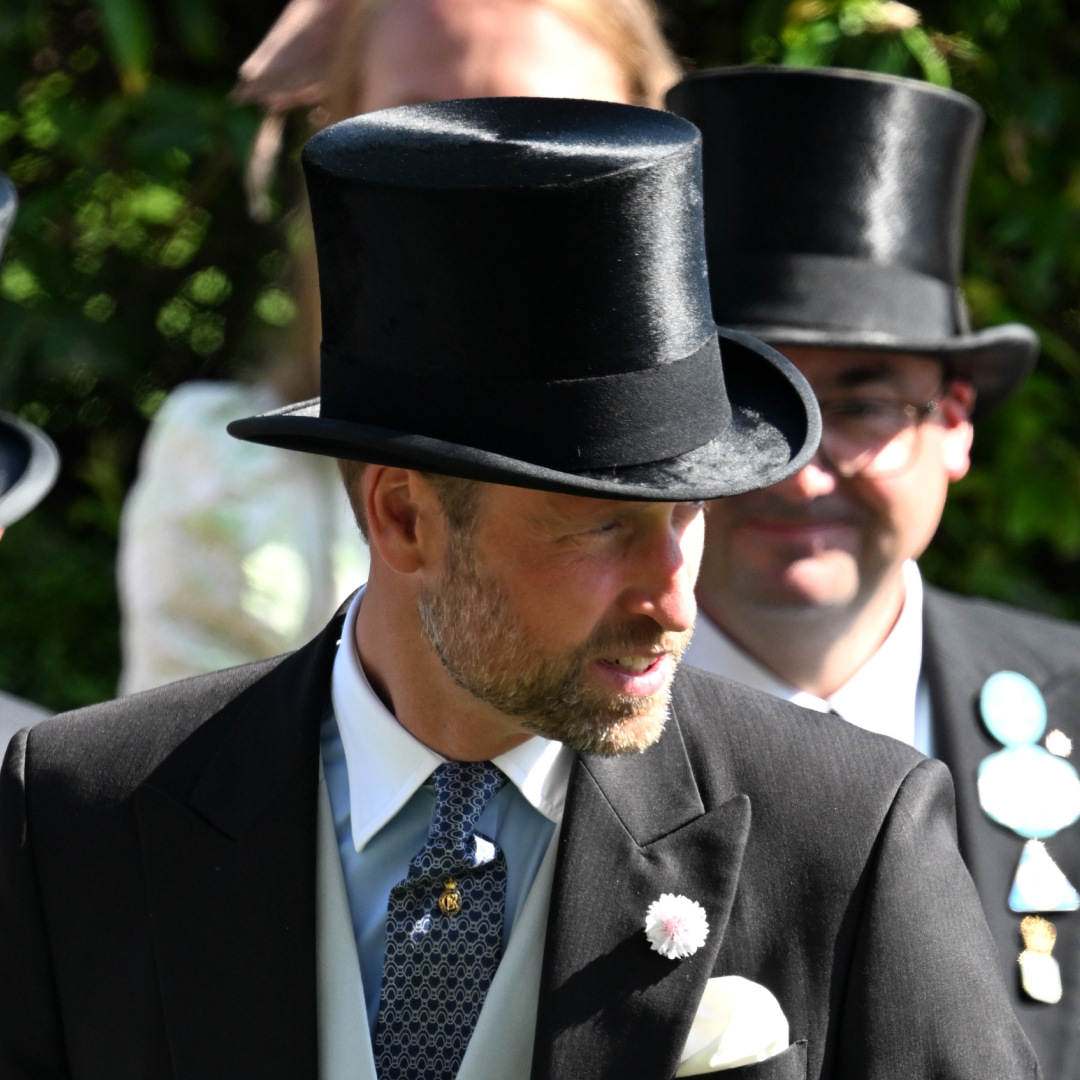
Prince William Will "Feel the Void" at Royal Ascot
"William holding the fort on his own isn't unusual."
By Amy Mackelden Published
-
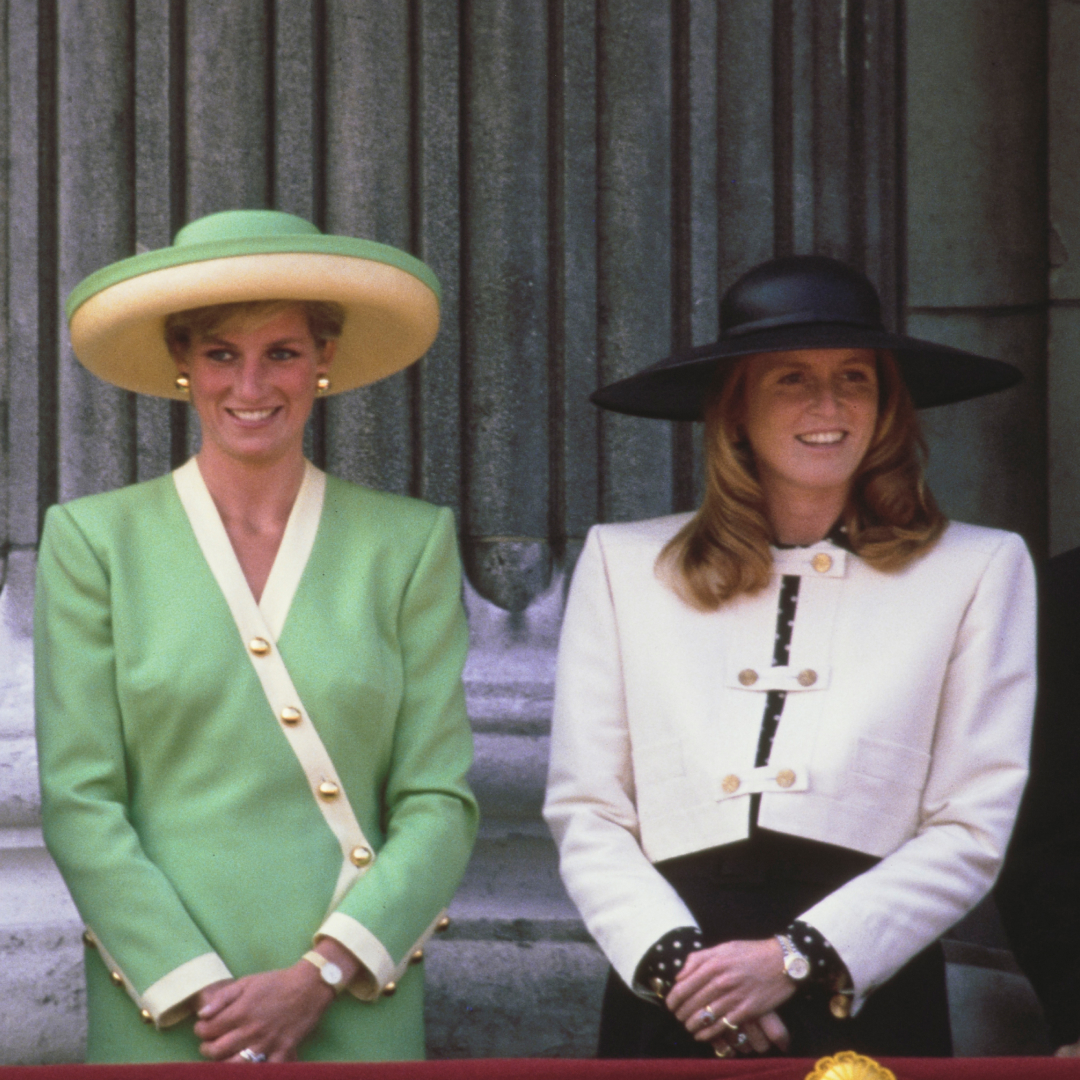
Diana and Sarah Were "Outsiders" in Royal Family
"Something happened in their personal lives which they found was impossible to hurdle."
By Amy Mackelden Published
-

Ariana Grande Reportedly Hung Out With Rumored Boyfriend Ethan Slater's Wife Lilly Jay at Their House
There's a LOT we don't know.
By Iris Goldsztajn Published
-

Keep The Spark Going With These Non-Cliché Second Date Ideas
You can do better than dinner and a movie.
By The Editors Last updated
-

I'm a Travel Writer—These Are the Best Health Spa Resorts in the U.S.
It’s pampering time.
By Michelle Stansbury Published
-

A Great Date Doesn't Have to Be Expensive—These Date Ideas Are Fun *And* Affordable
"Love don't cost a thing." —J.Lo
By The Editors Last updated
-

Harry Styles Made Out With His Celebrity Crush Emily Ratajkowski in Tokyo
Life works in mysterious ways sometimes.
By Iris Goldsztajn Published
-
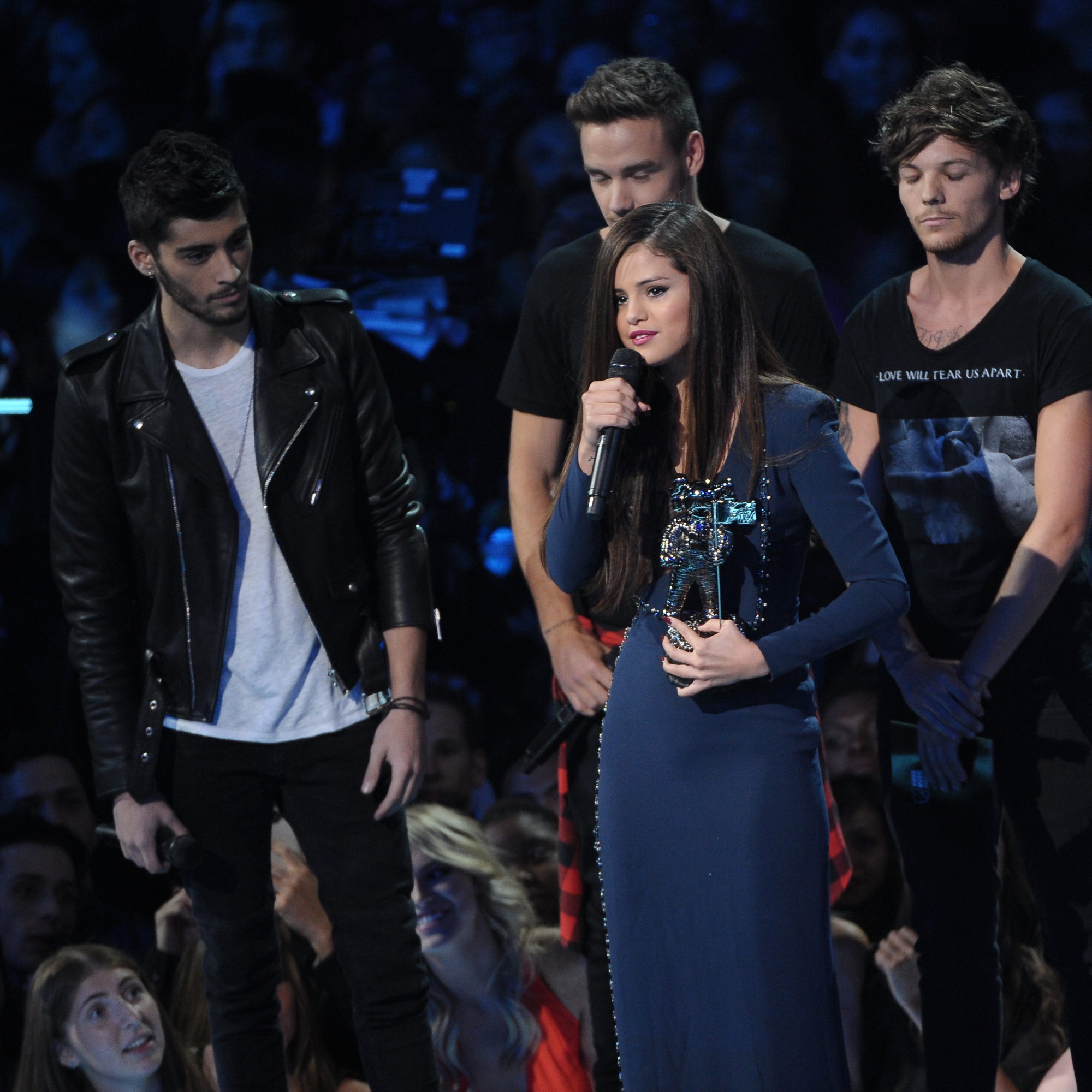
Selena Gomez and Zayn Malik Sparked Dating Rumors, and Gigi Hadid "Has No Problem" With It
A happy ending for all??????
By Iris Goldsztajn Published
-

Are Phoebe Dynevor and Andrew Garfield Dating? They Reportedly "Clicked" at the GQ Awards
Cute!
By Iris Goldsztajn Published
-
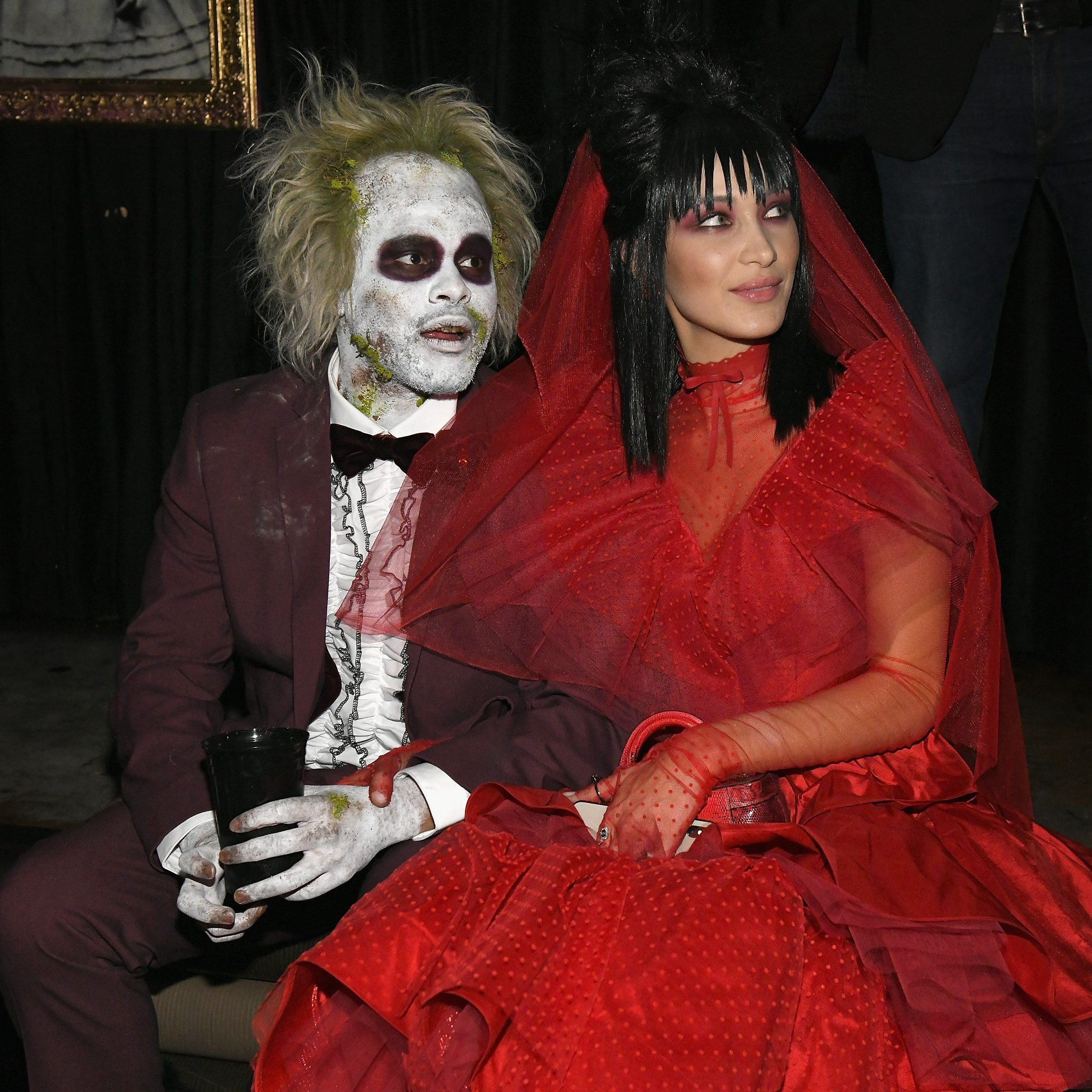
The All-Time Best Celebrity Couple Halloween Costumes
Honestly, we're impressed.
By Charlotte Chilton Published
-

King Charles III and Queen Consort Camilla's Relationship: A Timeline
With the passing of Queen Elizabeth II, Charles has ascended to the throne as king.
By The Editors Published
-
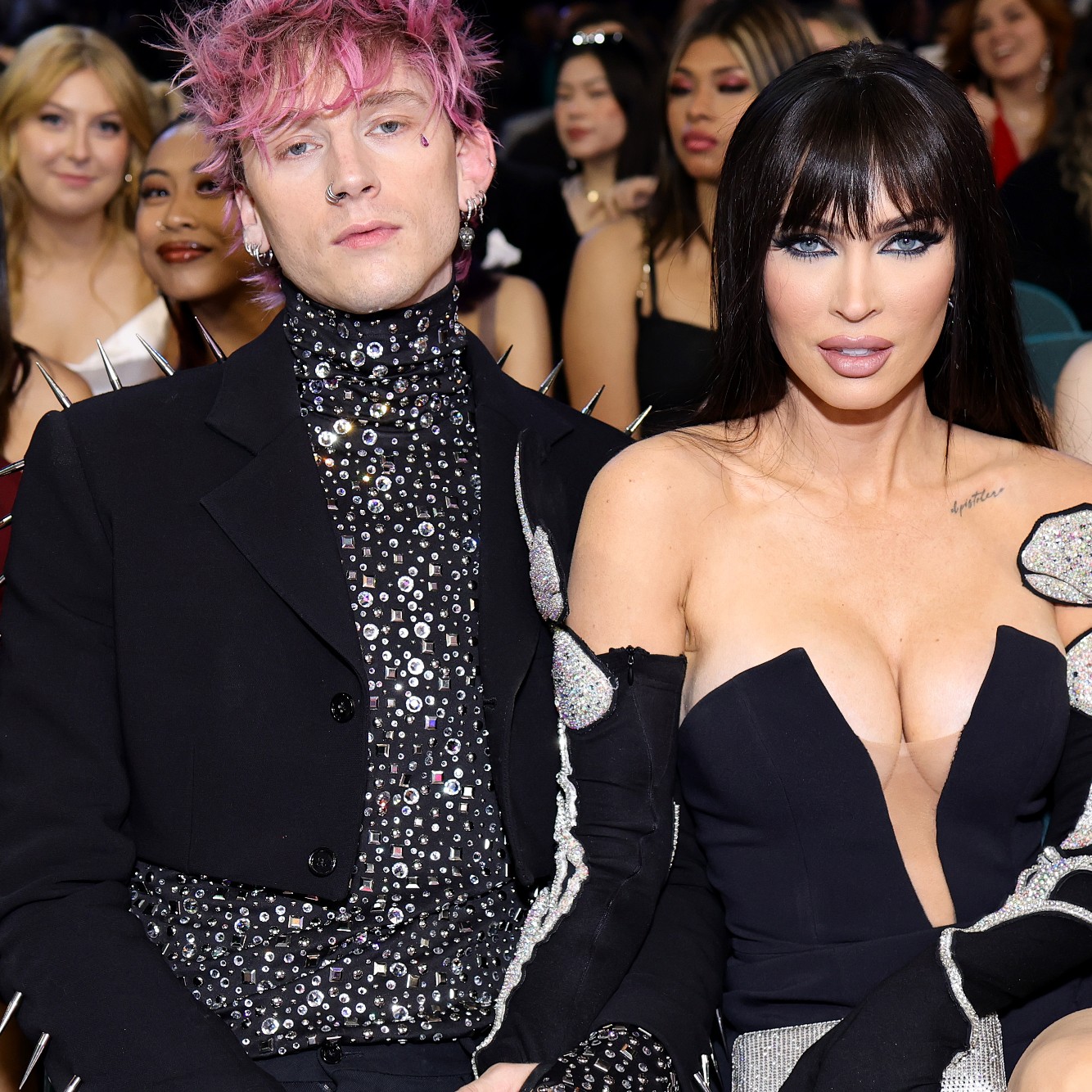
Megan Fox Texted Her Stylist That She "Cut a Hole" in Her Outfit to "Have Sex" With Machine Gun Kelly
Girlie, what?
By Iris Goldsztajn Published
-

30 Female-Friendly Porn Websites for Any Mood
Features All the best websites, right this way.
By Kayleigh Roberts Published
Features -

The 13 Best Virtual Date Night Ideas
Whether you're on your first date with them or your hundredth.
By Bianca Rodriguez Published
-

The 20 Best Winter Date Outfits, Cold Be Damned
Buying Guide Your guide for when it's cold out, but you have a hot date.
By Julia Marzovilla Published
Buying Guide -
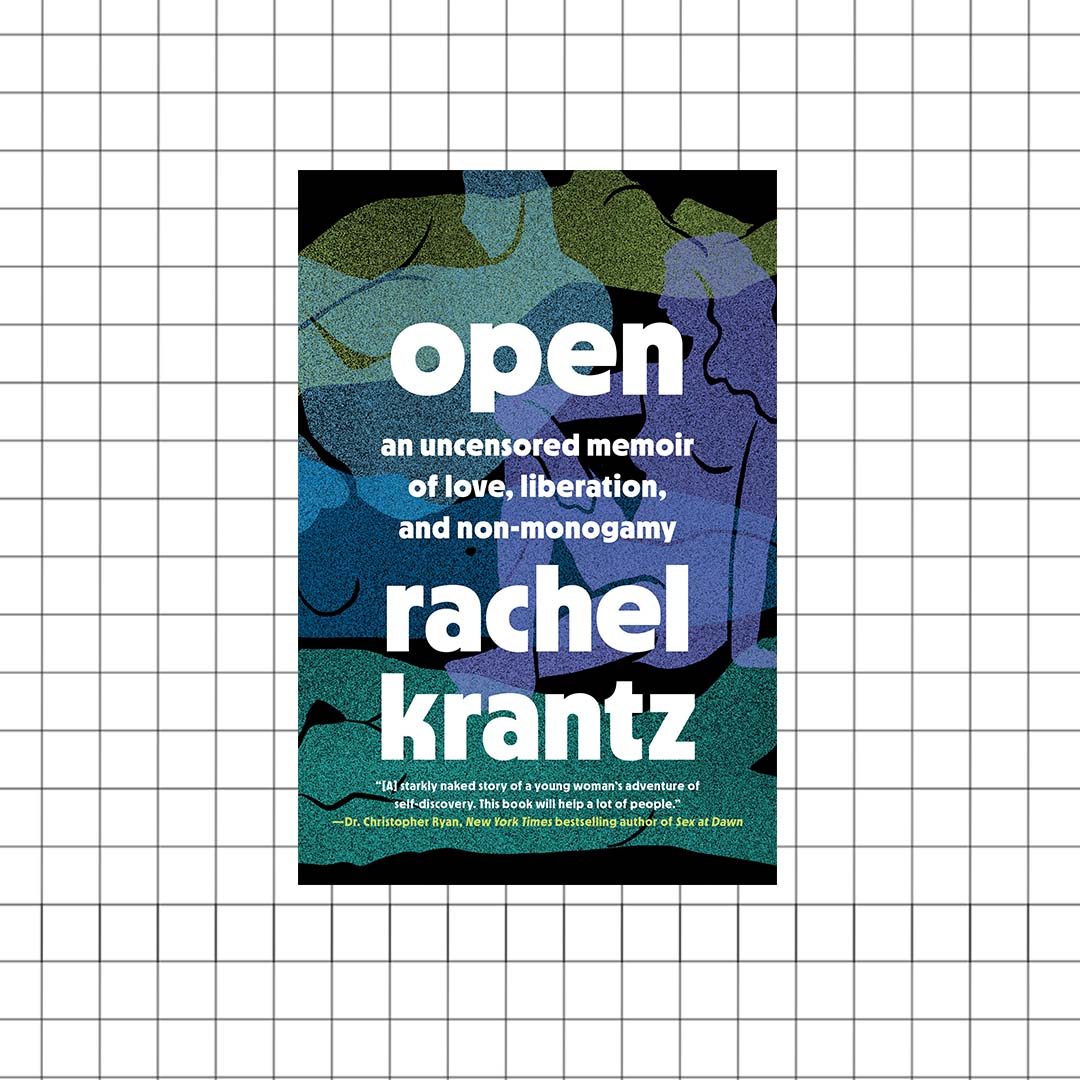
Diary of a Non-Monogamist
Rachel Krantz, author of the new book 'Open,' shares the ups and downs of her journey into the world of open relationships.
By Abigail Pesta Published
-
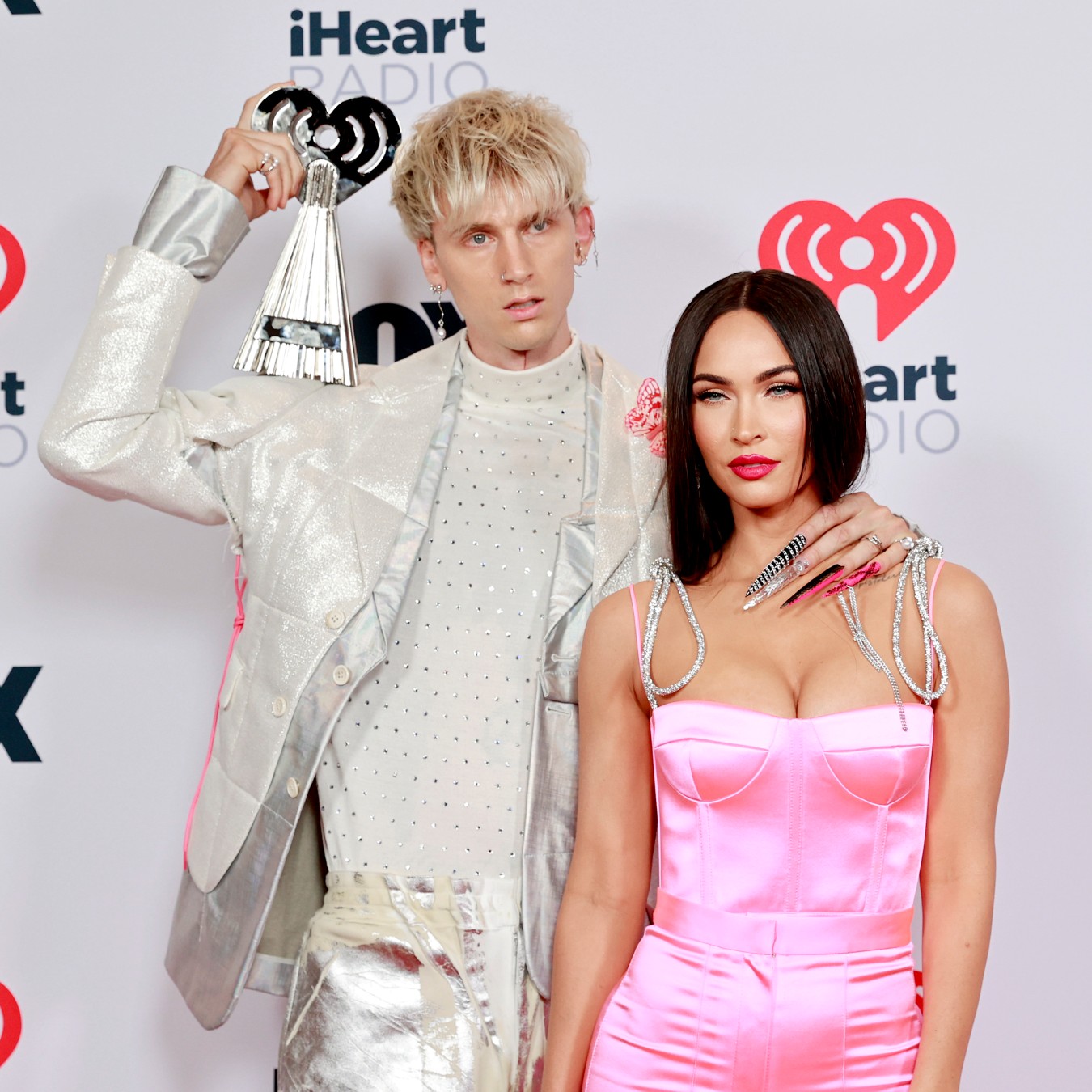
Megan Fox and Machine Gun Kelly's Love Will "Be Around for a Long Time," Body Language Expert Predicts
They've been through a lot.
By Iris Goldsztajn Published
